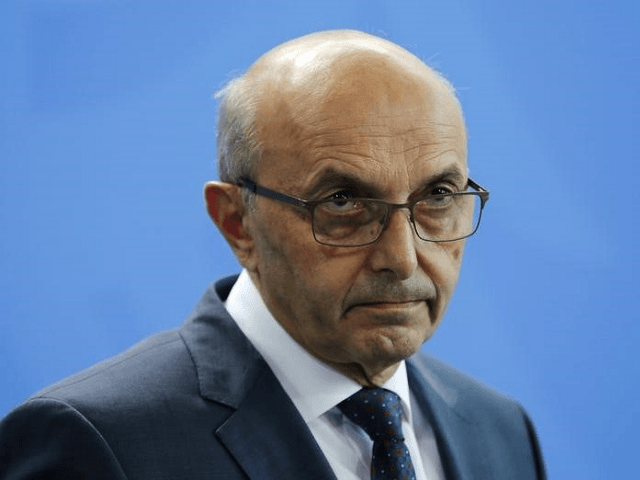Kosovo’s prime minister said on Sunday his brother and some nephews and nieces were among tens of thousands of Kosovars who tried to enter the European Union last year fleeing poverty and unrest in their homeland.
More than a million migrants took the so-called Balkan corridor to western Europe in the past year, before countries along the route closed their borders.
While most publicity has been given to those fleeing conflict in Syria or Iraq, Kosovo also saw its biggest exodus last year since the 1998-99 guerrilla war against Serbian rule.
Confirming a report by Pristina-based news portal Insajderi, Prime Minister Isa Mustafa said his own brother Ragip was among those who had tried to get into the EU.
“I read that my brother was an asylum seeker to get medical help. This is true,” Mustafa wrote on his Facebook page.
“On the wave of migration, I want to be open with you, nieces and nephews also went but they are back now. This shows that my family members also face the same destiny as other citizens,” he said.
The rise in Kosovars leaving their country followed a relaxation of travel rules allowing them to reach EU borders via Serbia and coincided with political turmoil and street unrest in Kosovo fuelled by poverty, high unemployment and corruption.
In the six months to March 2015, some 70,000 Kosovars – more than any other nationality – sought asylum in the European Union.
Insajderi reported that Mustafa’s brother entered the EU through Hungary, before Budapest closed its border with Serbia late last year.
Ragip Mustafa first applied for asylum in France and made another application in June 2015 in Germany, Insajderi said.
Mustafa said his brother had surgery late last year in Tirana, the Albanian capital, for an undisclosed condition.
“Now he is back in Pristina and his condition continues to be very grave,” he said.
Mustafa said he was committed to easing visa requirements, attracting investment, creating jobs and improving health care so that fewer citizens sought medical help outside the country.
The flow of Kosovo asylum seekers has dried up as Germany and other EU countries started to send Kosovars home, saying they did not meet requirements for refugee status.
Up to 800,000 Kosovars are estimated to be already living and working in western Europe, mainly in Switzerland and Germany, as part of an exodus that began in the late 1990s.
Kosovo declared independence in 2008 but the country of 1.8 million people remains one of the poorest states in Europe.
The medical sector is in a miserable condition and those who want better medical treatment have to pay for private care in the region or in EU countries.

COMMENTS
Please let us know if you're having issues with commenting.